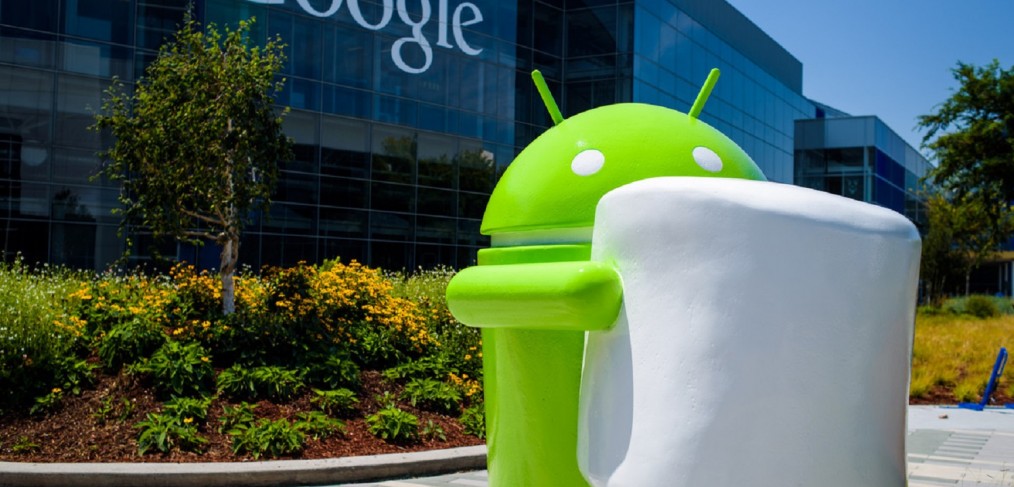
Google Announces Android M (Marshmallow)
So far addressed only as Android M, Google releases a statue of Android bot Holding marshmallow, confirming name for next flavour of its popular operating system for smartphones and tablets, as Marshmallow.
Below are the key features;
Doze for battery:
This is among the best features of Android M. The feature called Doze will detect if the device has not been touched or moved for a long period of time and the device will then sleep and thus use less battery. According to Google, devices with Android M last up to two and a half times longer than Android L. Android M will also support USB Type C charger is coming to Android M, although Google has not given details of devices which will support these chargers.
Google Now on Tap:
Users now don’t have to leave an app they want to search for something on Google Now, the voice-assistant in Android. According to Google, if a friend messages you about a new restaurant, you can then just ask Google Now for details, without leaving the app you are on. Google Now will then locate all the details about the app.
Android Pay and Support for Fingerprint:
Android Pay, Google’s answer to Apply Pay, will also be a part of Android M, although you will need an NFC enabled device to use the feature. Google says Android Pay is secure because it only uses a virtual card number during the transaction and not your real credit/debit card number. Android Pay will work at 700 partner-stores in the US including Macy’s, etc. Google is also working with app developers to allow more of these to use Android Pay. Android M will get FingerPrint Support as well. The API for Fingerprint will be available for developers as well and they can incorporate it into their app as well. Google says it will work across a range of devices and sensors,? so it’s not clear how devices without fingerprint scanners will support this.
App Permissions:
Android M will finally give user the ability to control what permissions an app gets access to. Essentially the problem with Android was that apps at the time of download would ask for a host of permissions and users had to say yes, else the app download was cancelled. Now the app will prompt a user for permissions when it wants to use the camera or location, or even access contacts. Best part is that users can revoke an already-granted permission. Users now get easy access to manage all their app permissions in settings, like Apple gives to iOS and Microsoft on Windows Phone users.
App links:
According to Google’s earlier blogpost it is now easier link between apps. A developer can add an auto Verify attribute to your app manifest so that users can be linked deep into your native app without any disambiguation prompt.? What app links will do is that it will allow an app to be discovered easily and increase engagement.
I will keep updating as and when more information is available. Do you have a new feature to share, let me know.




